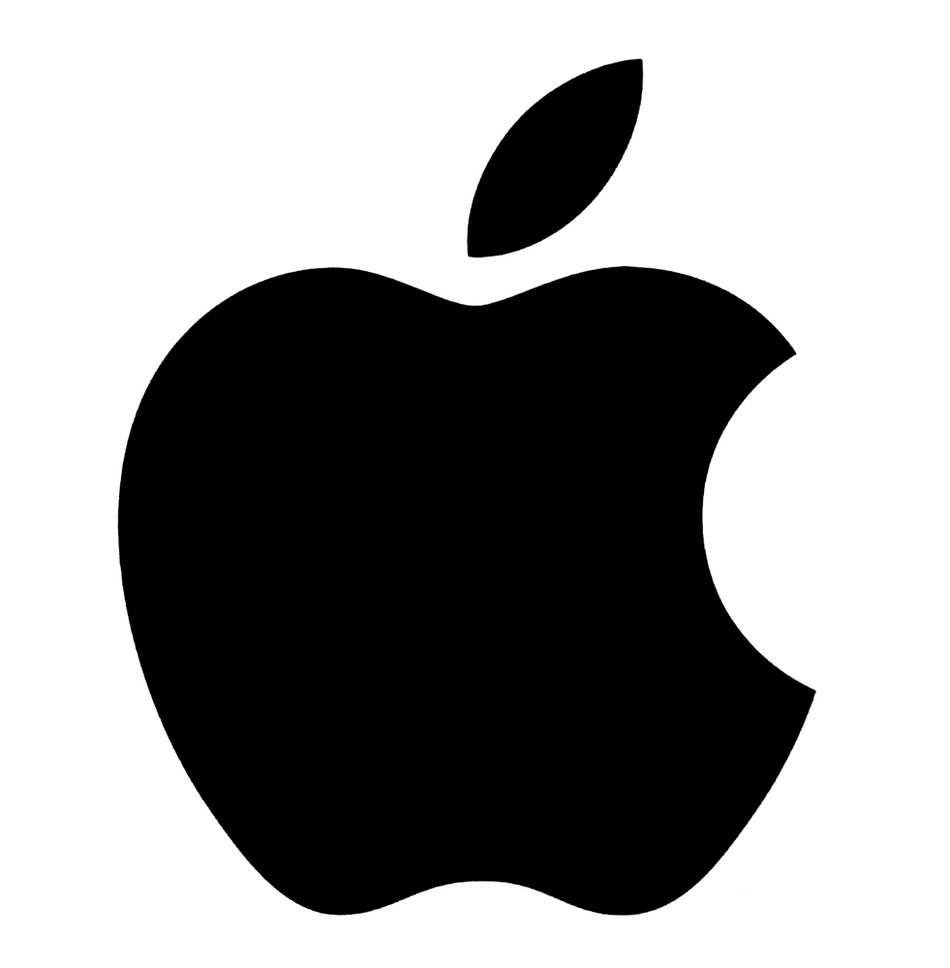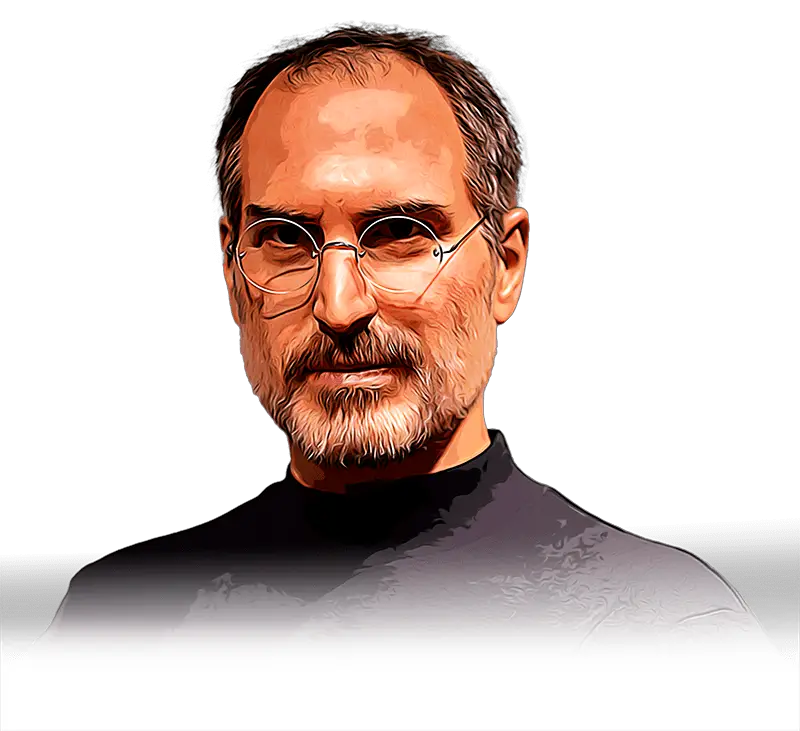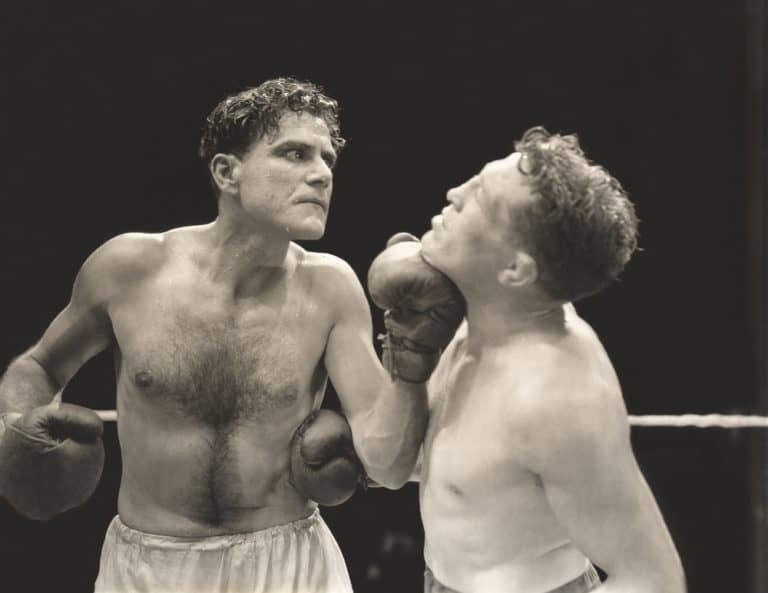SMART goals: what is the difference between attainable and realistic?
The effectiveness of the SMART system is well documented. It is a framework for setting goals in your personal and professional life. A target is said to be optimal if it is Specific, Measurable, Attainable, Realistic, and Time-Bound.
Whilst the idea seems straightforward enough, I had some questions as to the distinctions between attainable and realistic. They seem at first glance to be synonyms of one another.
As it turns out, attainable and realistic in the context of SMART goals do not mean exactly the same thing.
Attainable is taken to mean achievable; i.e. is this goal something that you are theoretically capable of achieving if you wanted to. (Is it too hard to accomplish?) On the other hand, realistic refers to the appropriateness and sensibility of the goal. Apart from the question of is it possible to achieve, is it a goal that makes sense for you to pursue? Does it align with your larger purpose and values?
read also: What is a man’s purpose in life?
Some examples of the difference between attainable and realistic

Let’s say, for the sake of example, that you are the head of marketing at Apple. Let’s say that you have a goal to have 10 million people view your Facebook ad for your new product before its launch in a month. (This is a hypothetical plucked out of thin air). To clarify the explanation of the SMART framework, let’s run this goal up against our criteria:
Specific: is the goal specific? Yes, the objective is detailed and precise and unambiguous.
Measurable: is the goal measurable? Yes, the number of ad views can be measured precisely by Facebook and passed on.
Attainable: is the goal attainable? Do you have the budget required to run these kinds of numbers in this time frame? If yes, then the goal is an attainable one.
Realistic: is the goal realistic? The broader vision here is to sell the maximum amount of product. Are Facebook ads the most effective way to spend this money? Is it the most sound strategy to spread your message and increase sales? Is this where you should be spending your time? If the answer to these is yes, then the goal is realistic.
Time-bound: is there a deadline for this goal? Well yes, i.e. the goal is time-bound.

As another example, let’s say that I am a formula 1 driver looking to make my name and win a championship. I set a goal in my offseason to deadlift 200kg by the end of February.
Specific? Yes, the goal is detailed and precise, and unambiguous.
Measurable? Yes, strength can be tested.
Attainable? Yes, it’s not unrealistic if it is a modest enough improvement on my previous best.
Realistic? Well maybe not. Is the kind of training this would require the best possible training to get faster in a formula 1 car? Is it an appropriate use of time and effort? Maybe there would be a better fitness goal that would be more appropriate and realistic.
Time-bound? Yes, the strength test will take place at the end of February.
These examples serve to illustrate the subtle difference between attainable and realistic as a part of the SMART framework.
Should all goals set meet every aspect of the SMART criteria?
Short answer: no. All aspects of SMART have their benefits, but it is unreasonable to assume that all goals set will adhere to these criteria perfectly. For example, you can go ahead and set a deadline to encourage urgency when you have an aim in mind. But it often plays out that these time predictions will be way off. The phenomenon is known as Hofstadter’s law.
“It will always take longer than you expect, even when you take into account Hofstadter’s law”
Hofstadter’s Law
If you have a goal to save 10000 pounds by the end of the year, and you manage to save 6000 pounds, did you fail? Or did you save 6000 pounds? It’s not like you could absolutely predict everything that you would have to spend money on.

There are clear counterarguments to this idea though. Steve Jobs was famous for motivating his team to reach deadlines that were widely considered impossible, by flatly refusing to consider the possibility of missing a deadline. But then again, he did a lot of other things that were unheard of so maybe we cannot take his actions as a general rule.
Similarly, whether something is realistic or not is not always obvious. Before tiger woods, people thought that strength training with weights was not a wise path for a golfer, as it would impede flexibility and fluidity of movement. It turns out that it was a realistic tactic, and now it’s common practice.
With these things in mind, it seems like the best approach for setting goals is to aim in the direction of the SMART criteria, but with the understanding that strict adherence cannot always be achieved.
The history of attainable and realistic and the SMART formula
The idea of SMART goals was first used in the context of corporate management. George Doran, of the Washington Water Power Company, published a paper called “There’s a S.M.A.R.T. way to write management’s goals and objectives” in November of 1981. The impact of George’s idea is huge. It is used widely in school curriculums and management training internationally. I first came across the abbreviation in GCSE physical education in London, around 2012.
Useful resources
Anisa Marku wrote a great, concise guide about the SMART framework. Here is a link to the book, as well as some of it’s reviews:

“I purchased the book this morning, and finished it in about an hour. Overall, it shows you a great framework for approaching the planning and goal setting process. I especially appreciated the sections on eliminating what holds you back. I also appreciated the author’s personal tone and easy to read style. She also shares a few of her goals that took many years to accomplish – this is the inspiring part! Many goal setting books are focused on more immediate goals and don’t ever mention goals that take many, many years. It’s nice to know the author has been successful without just focusing only on goals that can be accomplished with a “quick fix!””
Leslie O
“I really enjoyed The Art of Setting Smart Goals! I am a big reader and consumer of personal development content, so I have read, listened to, and watched a great deal of content on this topic. This is a great read for someone who is ready to actually take a lot of ideas swimming around in their head on goal setting and actually put them into action. Great examples throughout help paint the picture. It is a quick read without unnecessary fluff weighing it down. If you are ready to take a day, weekend, etc. to really dive into your goals, this would be a good companion!”
Aaron
For those interested in goal-setting and self-improvement, I thought I would recommend the best biography I have ever read. I like to recommend this book in particular because it is not too well known, so you probably won’t find it in any top 10 lists or articles like that. The book is called An Unsung Hero: Tom Crean- Antarctic Survivor.

Tom Crean was an absolute beast of a man. Born into a poor farming family in Ireland, he lied about his age to join the navy when he was 15. To cut an incredible story far too short, a stroke of luck and boldness landed Crean on one of the first great Antarctic expeditions.
Crean became one of the very few men to serve under both Captain Scott and Shackleton, on three separate expeditions. He saved numerous lives and was seriously admired by those who worked with him.
You can check out the book with this link to Amazon. Here is 1 story from the book, to whet your appetite:
“On the return journey, Tom Crean performed what I think is the greatest act of individual heroism in the history of polar exploration. He saves the life of a man called Leftenant Evans, who was dying of scurvy. Tom had already walked if you can imagine 1500 miles, and the food had run out and Evans was dying. Tom agreed to walk the last 35 miles on his own, without a tent or a sleeping bag, with only a couple of sticks of chocolate and some biscuits. And he did the walk in 18 hours, and he saved the man’s life. And a few months later he went back onto the ice again and was one of the men who discovered captain Scott’s dead body in the snow. And the only reason that we know Captain Scott got to the south pole is that Tom Crean found him.”
Quote taken from the Biographer, Michael Smith






